Believers and unbelievers alike will sometimes quote or at least give expression to ideas from the Bible, particularly at this time of year.
Take this teaching from the sermon on the mount, when Jesus says in Matthew chapter 5:9, “Blessed are the peacemakers: for they shall be called the children of God”.
Who would argue against people striving for peace, or deny them elevation whether in this world or (though I don’t believe in it) the next?
And yet the irony is that a humane commitment to peace only seems to be acceptable in times when war is absent; in other words when it’s easy.
During periods of armed conflict or even cold war, would-be peacemakers are more reviled than blessed.
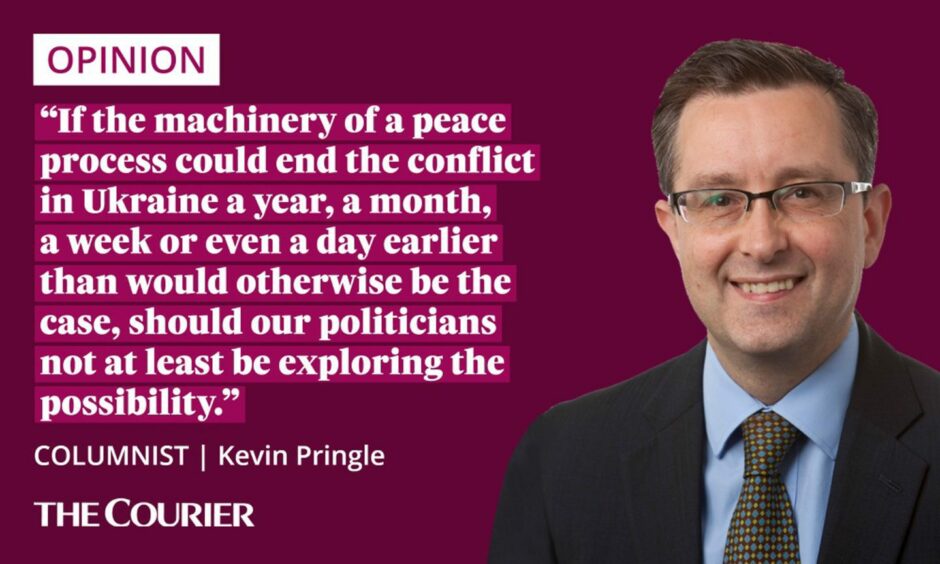
It isn’t hard to understand why, given that we think about conflict in the general sense of total victory or defeat.
Two hundred years ago, the German military theorist Carl von Clausewitz proposed his famous definition of war as “the continuation of politics by other means.”
To this might be added that it’s the continuation of binary politics by other means: a concept of absolute winners and losers that we are familiar with in 21st century Scotland and Britain.
Think independence or the Union; being in the EU versus Brexit.
There is, apparently but not actually, no common ground to stand on.
Speaking out is the price of peace
If that raises intolerance on issues that are determined democratically, but which appear to be zero sum games, then how much more will calls for peace be denounced during war, when lives are being lost and hatred fomented?
Even querying the stance of your own side will be lazily and wrongly condemned as support for the other.
This serves to silence public debate and ensure that our politicians all line up like good soldiers, saying and doing exactly the same things.
The cost of dissent can be a high one, particularly given the monolithic nature of media coverage that often accompanies war.
TIME's 2022 Person of the Year: Volodymyr Zelensky and the spirit of Ukraine #TIMEPOY https://t.co/06Y5fuc0fG pic.twitter.com/i8ZT3d5GDa
— TIME (@TIME) December 7, 2022
In this country people who agitated against the slaughter of the First World War were arrested, sometimes imprisoned, for supposedly doing the work of “the Boche”.
More recently, those who originally argued for a peace process to address republican aspirations in Northern Ireland were condemned as appeasers of the IRA.
From a historical perspective, who was right and who was wrong?
You choose.
Who will commence Ukraine peace process?
Personally, my yardstick is the approach that maximises the preservation of human life, but (grotesquely) I recognise that other factors can apply.
Don’t get me wrong. War is sometimes necessary but should always be regarded as an evil, never glorious.
And there should be no impediment to debating the roots of conflict and the mistakes that led to it (often the reseeding of a previous war), or ideas for the restoration of peace.
In Ukraine, I see no contradiction between supporting the right of a sovereign country to defend itself from Vladimir Putin’s brutal invasion – with the expensive military aid and economic sanctions this requires – and calling for a credible peace process, ideally under the auspices of the United Nations.
All Scottish and British politicians speak to the former; few if any for the latter.
During another war of great power aggression, in Vietnam, peace talks were established in Paris in 1968.
They provided the diplomatic means by which America was ultimately expelled from that country in 1973.
US president Richard Nixon called it “peace with honour”, but the whole world knew that Uncle Sam had had his backside skelped.
If the machinery of a peace process could end the conflict in Ukraine a year, a month, a week or even a day earlier than would otherwise be the case, should our politicians not at least be exploring the possibility?
The lives thus saved would surely thank them.
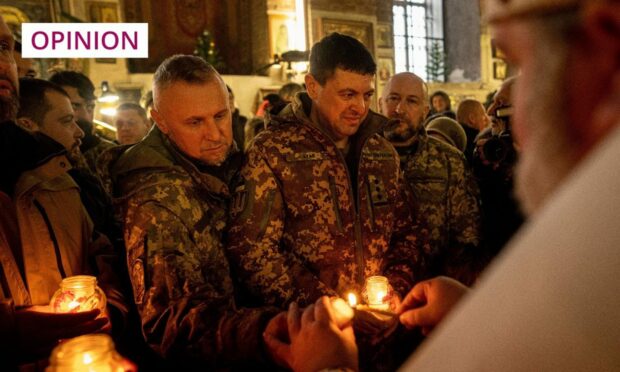
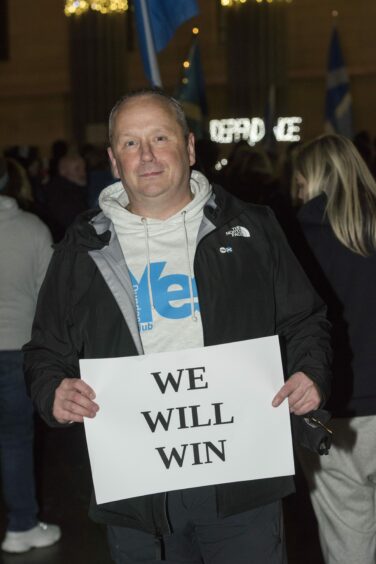
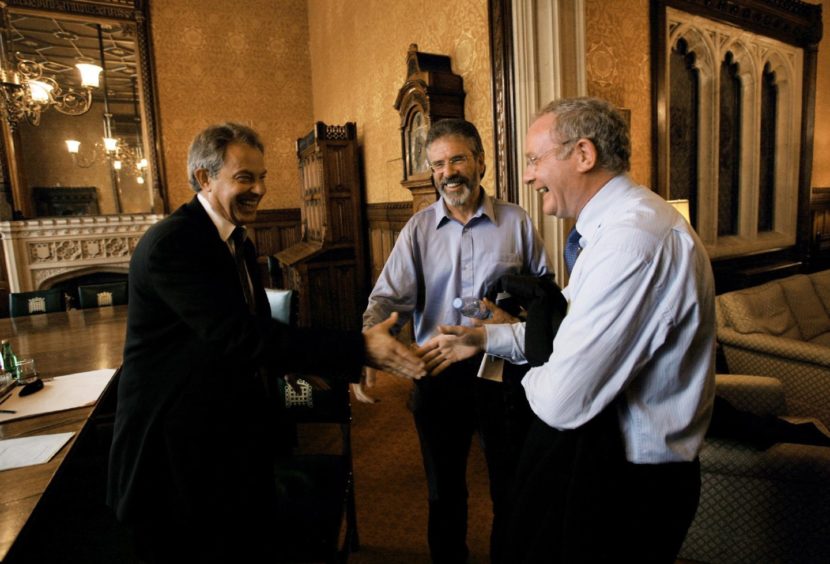
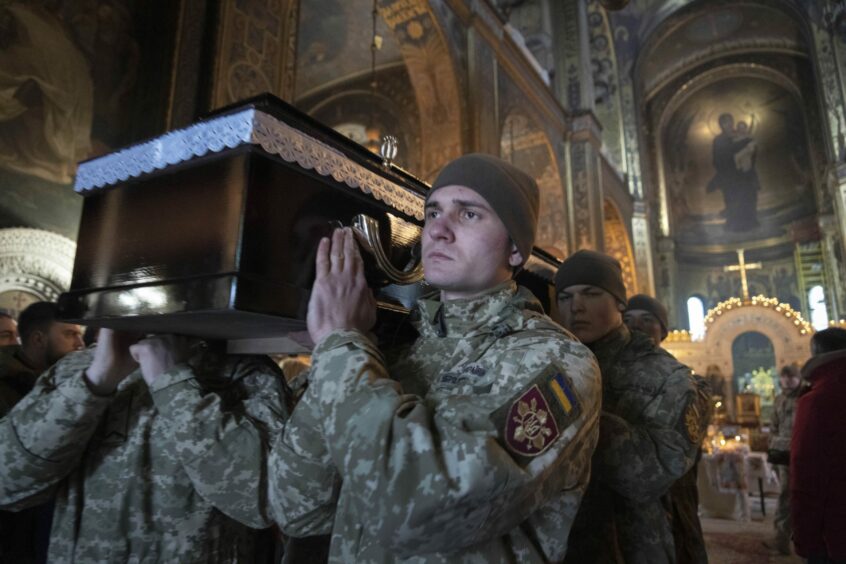









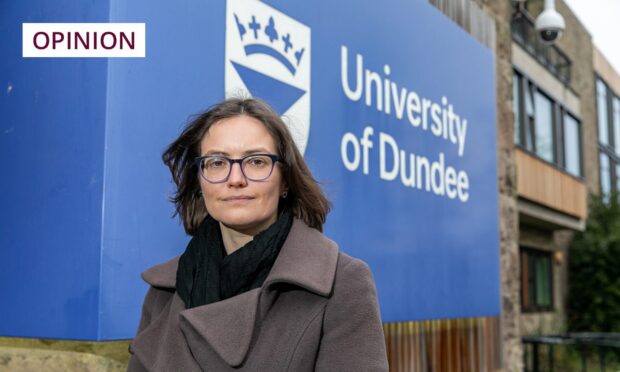
Conversation